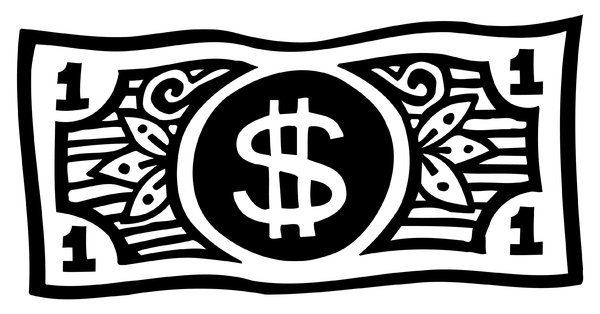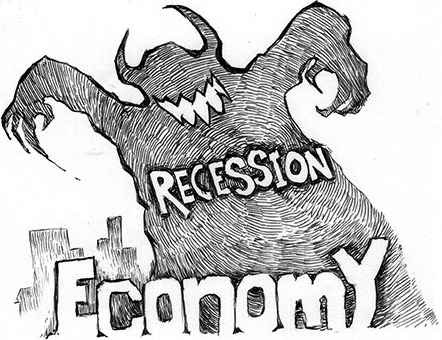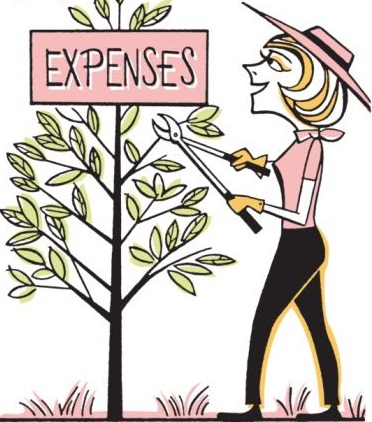According to the Fidelity 2014 New Year Financial Resolutions Study, 54 percent of respondents are planning a financial resolution in 2014, up from 46 percent last year. With the new year officially underway, millions of Americans will be looking for ways to achieve their financial goals.
Robert Lindquist, Ashford University professor and author of "Financial Independence for the New Generation," offers four strategic tips for managing money and creating personal wealth:
Money Is Freedom – To accumulate wealth, we need to save money. This seems simple but many people say that bills prevent them from saving. The trick is not focusing on the amount of savings, but the process. Because it takes discipline to save money, the key is semi-enforced saving – paying yourself first and using leftovers for bills and other needs. Even $1 a day will make a difference.
Cut the Card – If money equals freedom, debt equals servitude. We live in a credit-driven society, with high credit card balances and finance rates. Although we need to establish credit for larger purchases, such as a home, the key is to avoid creating debt. To reduce credit card obligations, it's necessary to cut the cards and apply any extra money, such as a bonus or birthday gift to debt reduction. Creating a strategic plan for lowering balances and switching to a debit card can expedite the process.


















